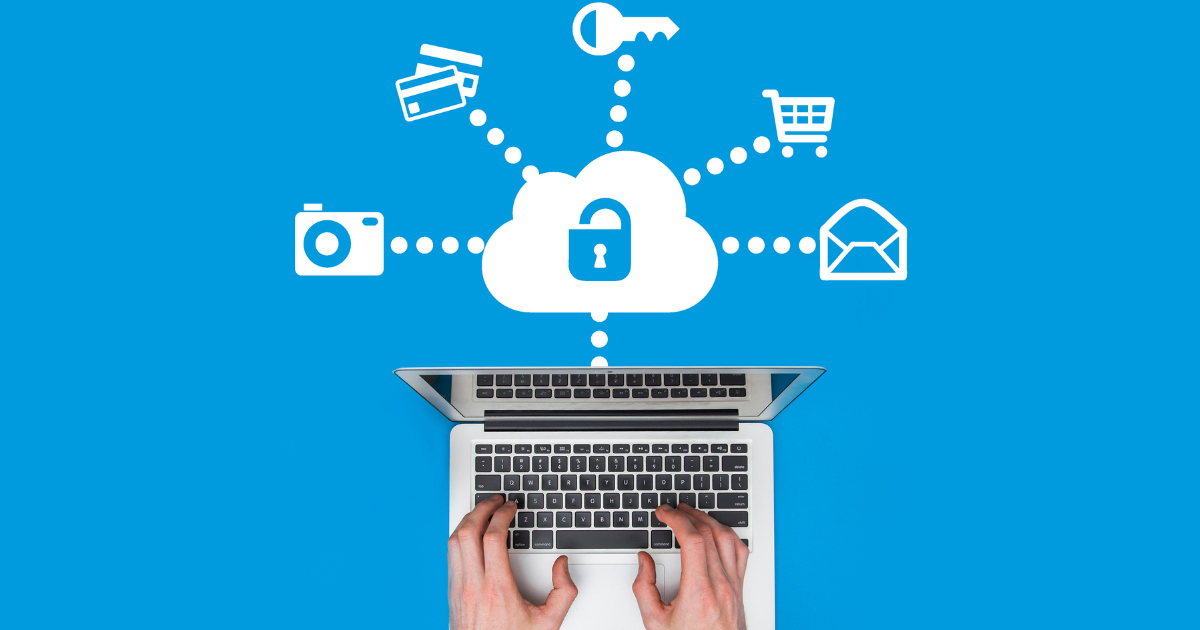
How to Stay Safe Online
Cybersecurity is a vital practice to safeguard computer systems, digital information, and networks from unauthorized access, theft, damage, and disruption. It is a complex field that includes various activities such as employee education, policies, procedures, and hardware and software solutions to prevent cyber attacks, data breaches, malware infections, and other forms of cybercrime.
In this article, we will discuss why cybersecurity is essential and provide some tips on how you can stay safe online.
Why is Cybersecurity Important?
Cyber threats can have severe implications for individuals, organizations, and national security. Here are some of the reasons why cybersecurity is important:
- Protection of Sensitive Information: In today’s digital world, sensitive information such as personal data, financial data, healthcare records, and intellectual property are stored and transmitted electronically. Cybersecurity is crucial to prevent this information from falling into the wrong hands.
- Prevention of Financial Loss: Cyber attacks can result in significant financial losses for individuals and organizations. This can include theft of funds, damage to IT systems, and lost productivity due to system downtime.
- Maintaining Business Continuity: Cyber attacks can disrupt business operations, leading to lost revenue, reputational damage, and even business failure. Cybersecurity measures are critical to maintaining business continuity and ensuring that organizations can continue to operate even in the face of cyber threats.
- National Security: Cyber attacks can also have significant implications for national security. Governments and militaries worldwide are investing heavily in cybersecurity to protect against cyber threats that could compromise sensitive information, disrupt critical infrastructure, or even cause physical harm.
How to Stay Safe Online
Here are some tips to help you stay safe online:
- Use Strong Passwords: Create strong passwords by using a combination of upper and lower case letters, numbers, and symbols. Avoid using the same password for multiple accounts.
- Keep Your Software Up-to-Date: Install software updates as soon as they become available. This includes operating systems, web browsers, and antivirus software.
- Be Cautious of Suspicious Emails and Links: Avoid opening attachments or clicking on links in emails from unknown senders. Be wary of emails that ask for personal information or prompt you to download software.
- Use Two-Factor Authentication: Two-factor authentication provides an extra layer of security to your accounts. You need to provide a second form of authentication, such as a code sent to your phone, in addition to your password.
- Backup Your Data: Regularly back up your essential data to an external hard drive or cloud storage service. This will ensure that you can still access your data even if your device is compromised.
Conclusion
Cybersecurity is critical for modern business and society. It is essential to safeguard your data and yourself from cyber threats and attacks. By following the tips outlined in this article, you can help keep yourself and your data safe online.





